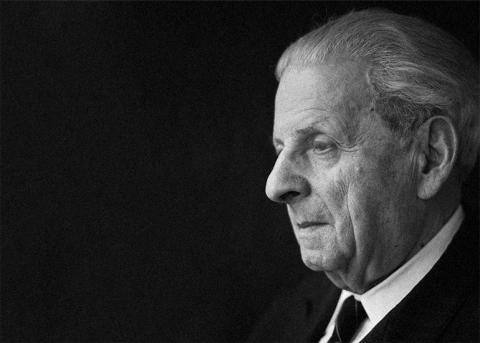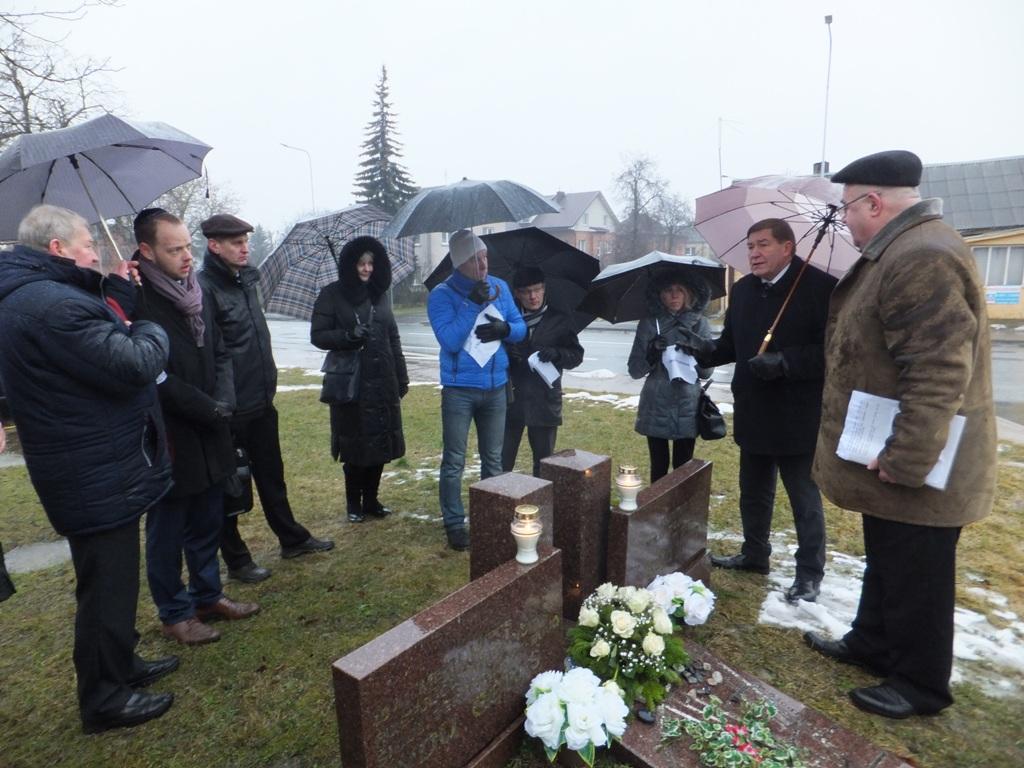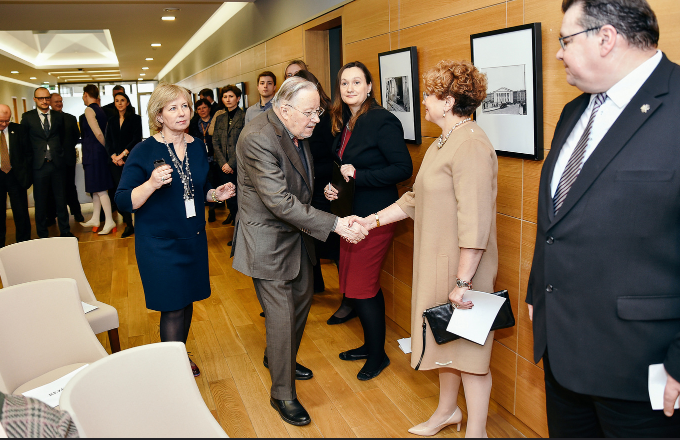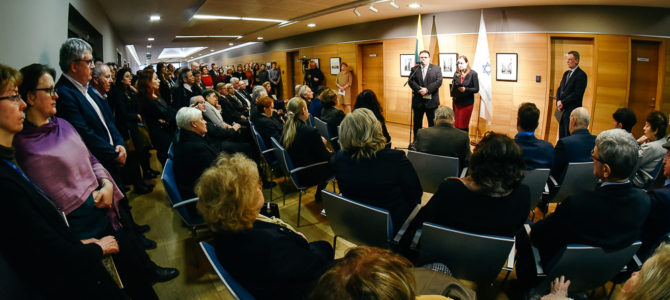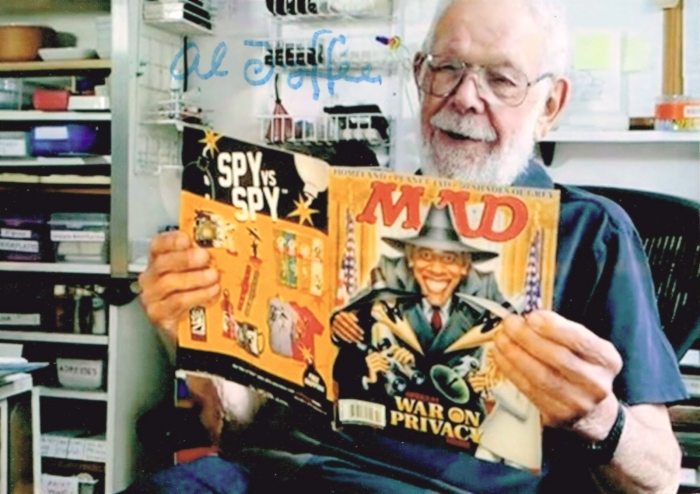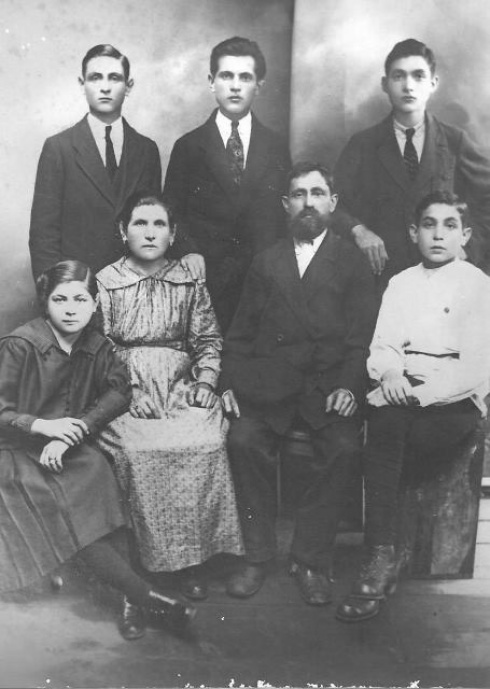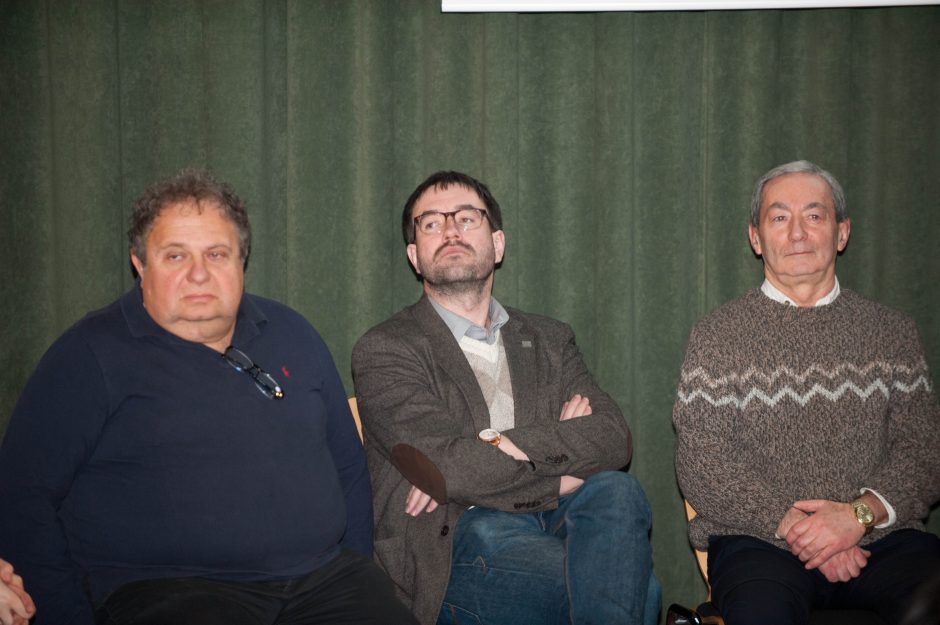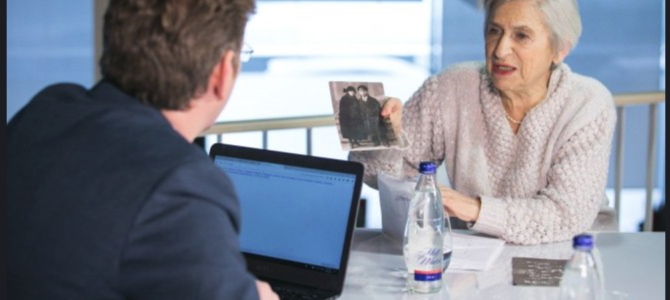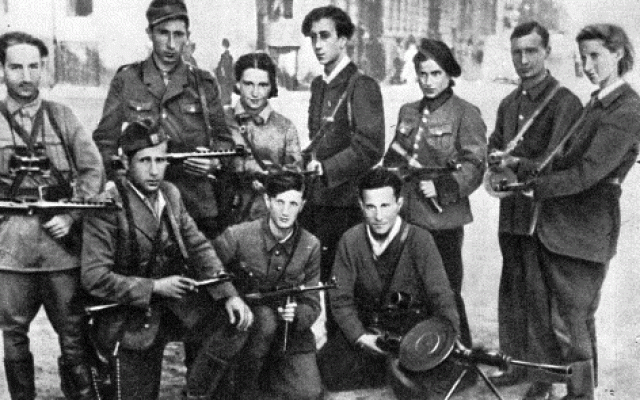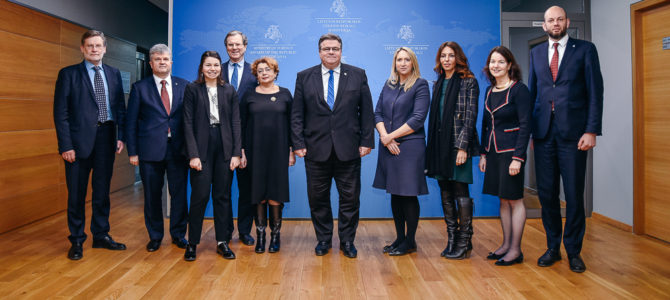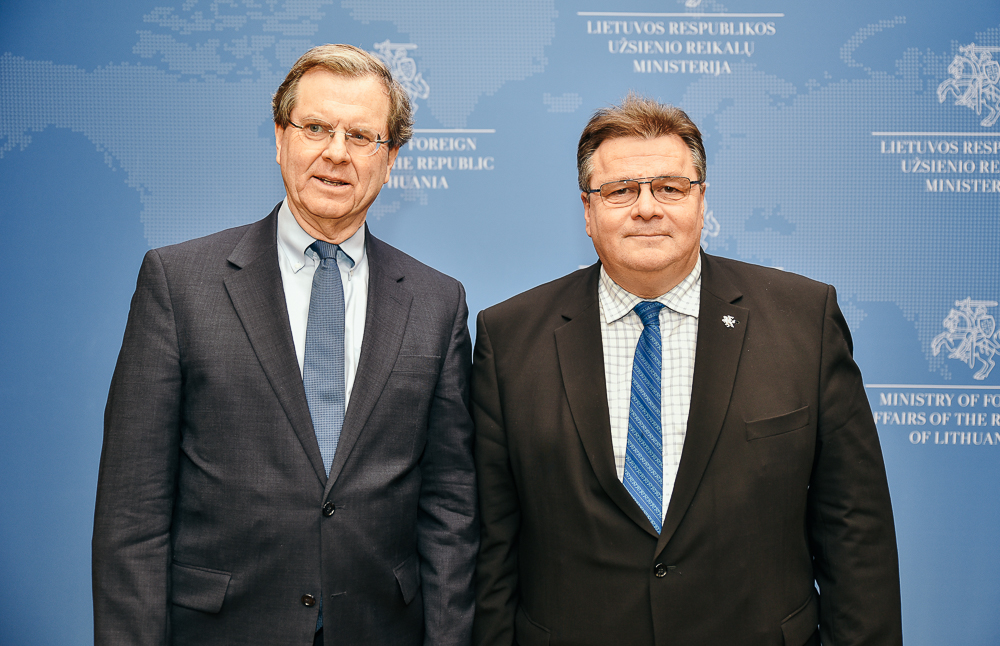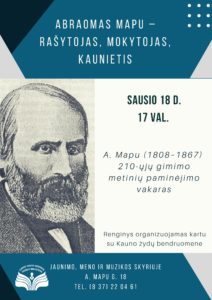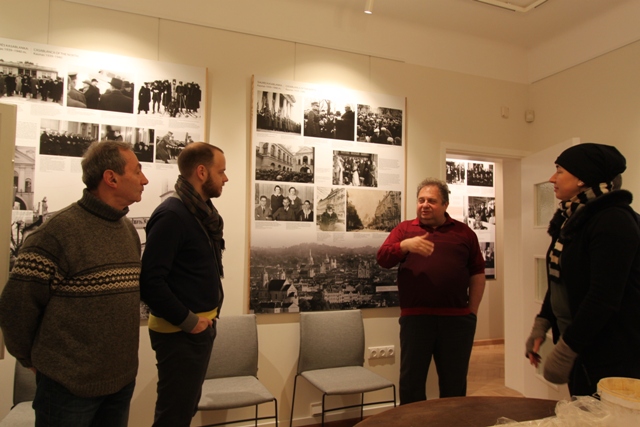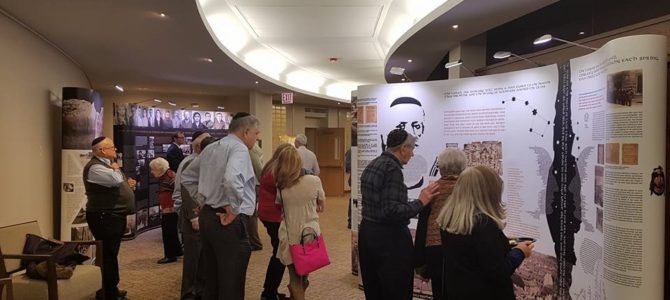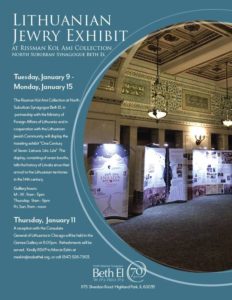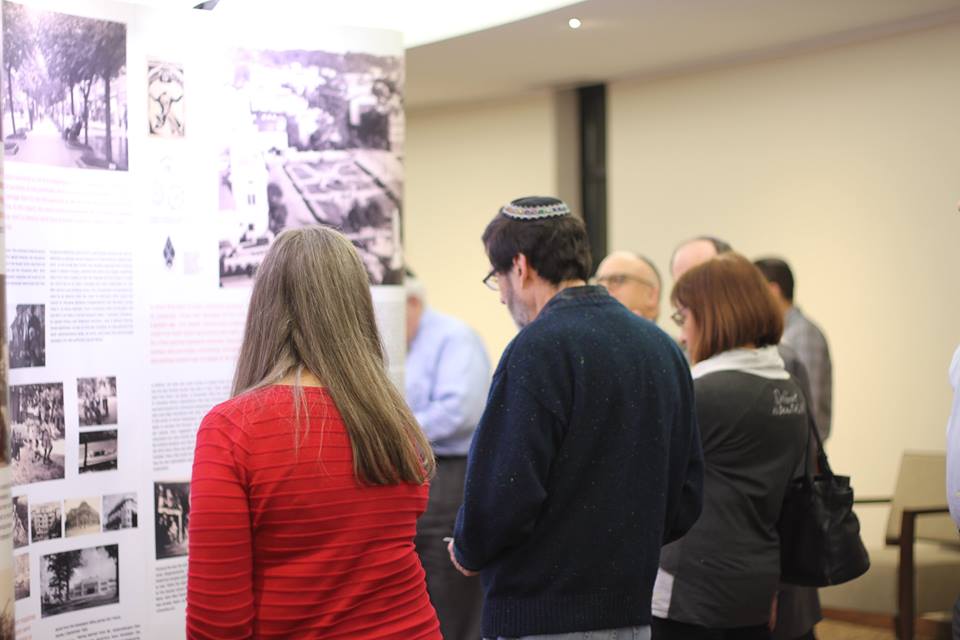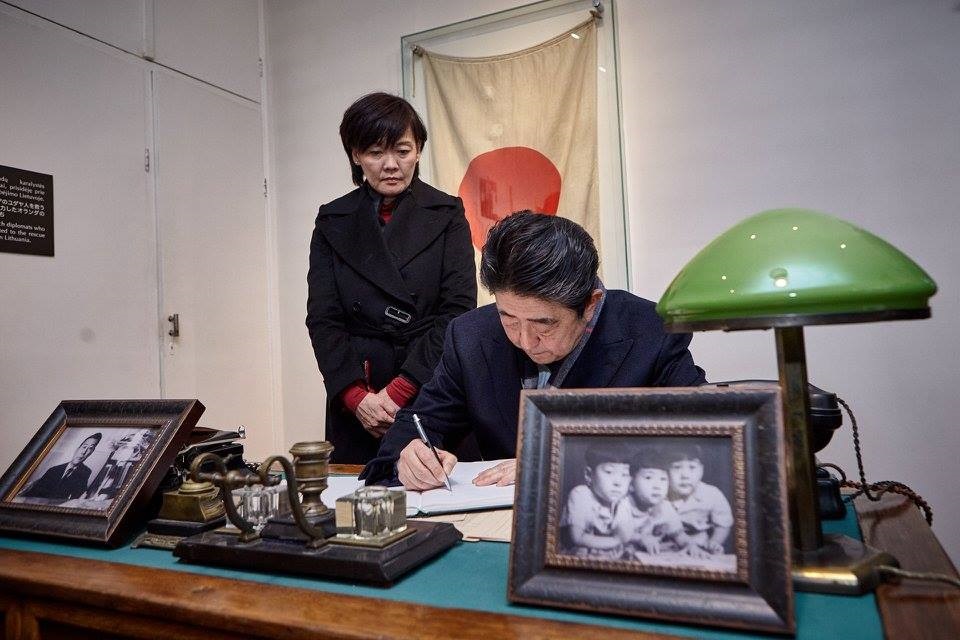The Jews of Poland were once the largest Ashkenazi Jewish community in the Polish-Lithuanian Commonwealth, but those of them who remain today, it seems, will not be able to understand the decision made by the Polish Sejm on January 26, 2018. Historically Lithuanian and Polish Jewish communities are connected by ties of friendship in all spheres, we maintain exemplary relations with the secular and religious community, we know of the efforts made by Lithuanian MPs in solving disputes over the use of Polish orthography and we remember the efforts made by the Polish presidents Aleksandr Kwaszniewski, Lech Kaczynski and Bronislaw Komorowski to improve relations with Lithuania.
What could have happened so that the current members of the Polish parliament adopted a law imposing three years’ imprisonment to anyone who openly says the Polish state or nation is guilty of Nazi crimes, or who uses the formula “Polish death camps?” The law reflects the official position of the Polish Government that the great majority of Poles acted heroically during the Nazi occupation. Nonetheless there were many in the country who did collaborate with the Nazis and committed horrific crimes.
Another question arises for me: isn’t it from such irresponsible steps, from these sorts of anti-Semitic laws and assessments as well as statements that everything began during World War II?
We also remember Chiune Sugihara who provided the Jews of Poland condemned to the Holocaust in Kaunas his “visas for life.”
Faina Kukliansky, chairwoman
Lithuanian Jewish Community


